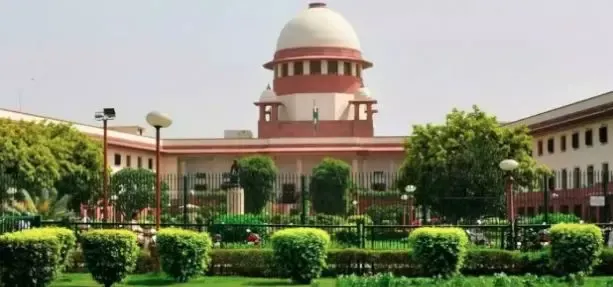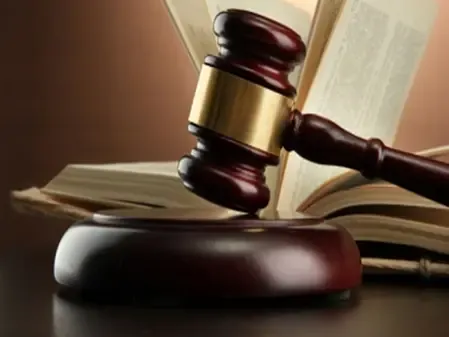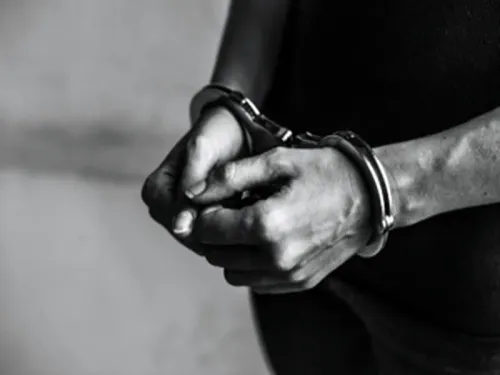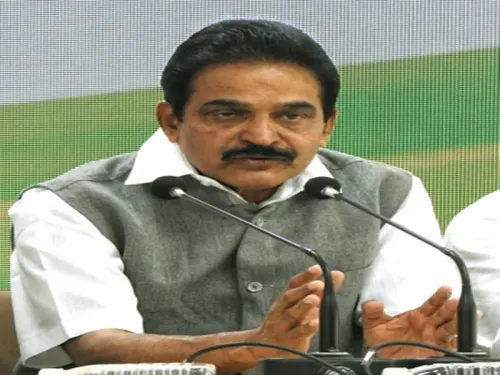Supreme Court to Review PIL Against the Places of Worship Act 1991 on Tuesday

Synopsis
Key Takeaways
- Supreme Court to hear PIL on Places of Worship Act
- CJI Sanjiv Khanna leading the bench
- Act prohibits reclaiming worship places since 1947
- Interim order halts new suits under the Act
- Petition claims law violates fundamental rights
New Delhi, March 31 (NationPress) The Supreme Court is set to review a public interest litigation (PIL) on Tuesday that challenges the constitutional legitimacy of a provision within the Places of Worship Act, 1991.
According to the causelist available on the apex court's website, a bench comprising CJI Sanjiv Khanna and Justice Sanjay Kumar will consider the recent petition on April 1.
The CJI Khanna-led bench is already addressing several petitions that contest the legality of this controversial law, which bars the initiation of lawsuits aimed at reclaiming places of worship or altering their status from what it was on August 15, 1947.
In an interim directive issued on December 12, 2024, the Supreme Court mandated that no new suits could be filed under the Places of Worship Act across the nation, and that in ongoing cases, no definitive or effective judgments would be rendered until further notice.
The latest petition, submitted by advocate Shweta Sinha, asserts that Section 4(2) of the 1991 Act is inherently arbitrary, irrational, and infringes upon Articles 14, 21, 25, and 26 of the Constitution.
"This provision not only obstructs the possibilities of mediation but also undermines the authority of the judiciary. The legislature cannot usurp judicial powers in handling disputes. This has been executed through colourable legislation," the plea argues.
In March 2021, a bench led by then Chief Justice of India S.A. Bobde requested the Centre to respond to a plea by advocate Ashwini Upadhyay, which questioned the validity of certain provisions of the law that prevent lawsuits to reclaim places of worship or alter their status since August 15, 1947.
The plea contends: "The 1991 Act was enacted under the premise of 'public order', which falls under state jurisdiction (Schedule-7, List-II, Entry-1), and 'places of pilgrimages within India' is also a matter for the states (Schedule-7, List-II, Entry-7). Therefore, the Centre lacks the authority to enact this law. Furthermore, Article 13(2) prohibits the state from enacting laws that infringe upon fundamental rights, yet the 1991 Act violates the rights of Hindus, Jains, Buddhists, and Sikhs to reclaim their 'places of worship and pilgrimages' that were destroyed by barbaric intruders.
"The Act omits the birthplace of Lord Rama but includes the birthplace of Lord Krishna, despite both being incarnations of Lord Vishnu, the creator and universally revered; thus, it is arbitrary," the petition concludes.









